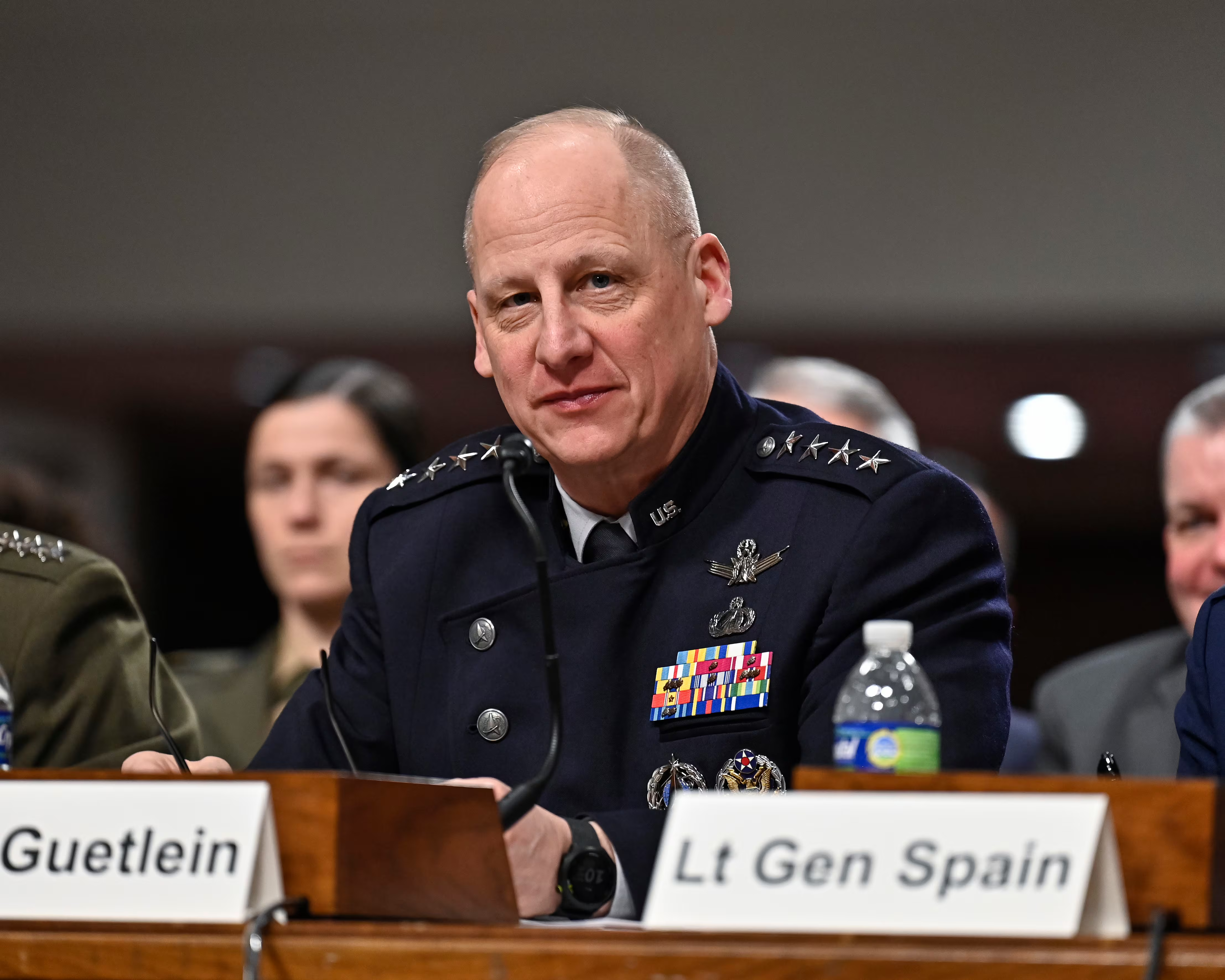WASHINGTON — The likely next head of US forces in Europe believes there is a need in Ukraine for anti-tank weapons, and indicated a willingness to provide the Javelin system to Ukrainian forces during a hearing Thursday.
Appearing at his confirmation hearing before the Senate Armed Services Committee, Gen. Curtis Scaparrotti, the White House pick to lead US European Command (EUCOM), also said he would be interested in exploring whether a permanent brigade in Europe makes more sense than the current rotational plan.
Asked by committee Chairman Sen. John McCain if Ukraine should be provided defensive weaponry, Scaparrotti said, "I believe that we should provide the weaponry that we believe they need to defend their sovereignty, and that they are capable of using."
Pressed specifically by the Arizona Republican on whether that includes Javelin weapons, Scaparrotti replied, "I think there is a requirement for an anti-tank weapon like Javelin in their situation."
The question of whether Ukraine should be receiving more military aid is a hot one both on the Hill and in the Pentagon. However, Scaparrotti's caveat that the Ukrainian forces should be given only what "they are capable of using" is an important one, as the Ukrainian military has struggled to transform itself into a modern fighting force.
In December, Ukraine's neighbor Lithuania requested a sale of the shoulder-mounted Javelin weapons, as a way to counter potential Russian advances.
During the hearing, Scaparrotti warned that he expects Russian aggression in Europe to continue to expand in the coming years. He also noted that if Congress returns to sequester levels of funding, it could potentially "put at risk the force that we plan to rotate today to reinforce our posture and certainly would impact the readiness of our remaining forces" in Europe.
Scaparrotti also said he would prefer a permanent armored brigade combat team (ABCT) in the region, rather than the current plan of having three ABCTs on rotation.
"A permanent brigade gives you a brigade that establishes relationships with the supporting elements from all forces in the United States, as well as a more permeant relationship and lasting relationship with our allies," he said. "That can be done over time better than with a rotational force. … It gives you a little more substance, a little more strength and relationship building."
Email: amehta@defensenews.com
Twitter: @AaronMehta
Aaron Mehta was deputy editor and senior Pentagon correspondent for Defense News, covering policy, strategy and acquisition at the highest levels of the Defense Department and its international partners.








